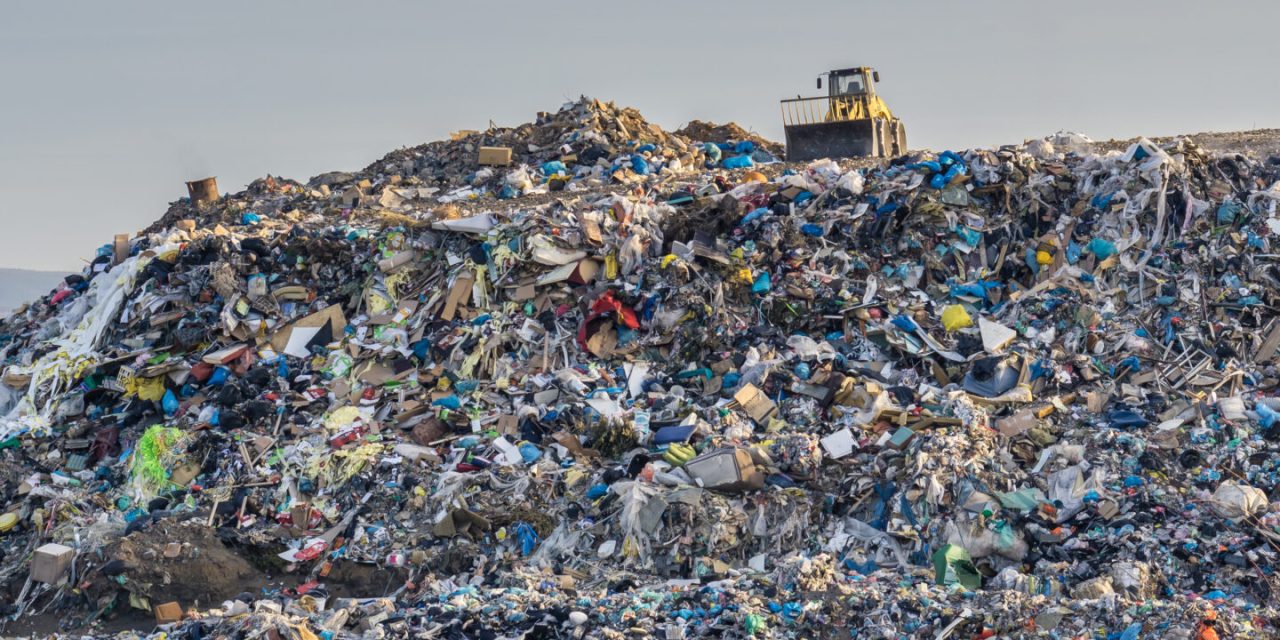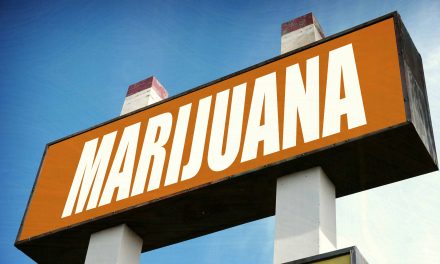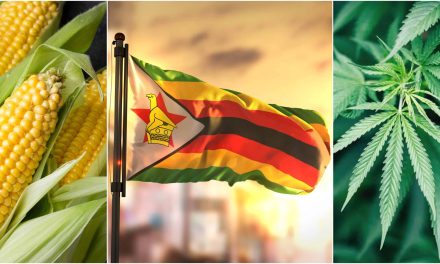any material that has come into contact with pesticides
Washington State House Passes Bill to Regulate Cannabis Waste and Reduce Methane Emissions
The Washington State House recently passed Senate Bill 5376 on Feb. 29, which aims to establish new regulations for cannabis waste. If signed into law, this bill would have a significant impact on the way cannabis waste is disposed of in the state.
Currently, cannabis waste (specifically roots, stalks, leaves, and stems that are not considered “dangerous”) is dumped into landfills, where it decomposes and produces methane gas. According to the U.S. Environmental Protection Agency, 50% of landfill gas is made up of methane, which is 28 times more potent than carbon dioxide in trapping heat in the atmosphere.
SB-5376 seeks to reduce the amount of cannabis waste and methane gas being produced in Washington landfills. Under this law, cannabis cultivators and processors would be allowed to sell plant material with 0.3% THC or less to the general public. This material could then be used for composting or to make various hemp products, such as hempcrete, insulation, clothing, and animal bedding.
Seth Shamberg, operations manager at Blue Roots Cannabis, a producer and processor in Spokane County, estimates that his company alone dumps around 2,200 pounds of cannabis waste into landfills every month, totaling approximately 26,400 pounds per year. Shamberg explains that the waste is typically mixed with other organic materials, making it difficult to recover any usable material.
Currently, Washington state law requires processors to mix cannabis waste with 50% other materials, such as paper waste, cardboard waste, plastic waste, or soil. However, many processors use non-organic materials, such as cat litter or mulch wood chips, which only contribute to the production of methane gas.
Heather Trim, executive director of Zero Waste Washington, estimates that between 500-1,100 pounds of cannabis waste is dumped into landfills each week during the growing season in Washington state. This is based on the approximately 1,000 licensed growers in the state. Trim also notes that SB-5376 is supported by House Bill 1799, which was passed in June 2022 and aims to reduce methane emissions by diverting organic materials from landfills.
Under SB-5376, cannabis waste cannot be reused if it is considered “dangerous,” meaning it has come into contact with pesticides. This aligns with the goal of House Bill 1799 to require residents and businesses to remove organic material from their garbage and have it collected by an “organics collector or composting facility.” By implementing these regulations, Washington state hopes to reduce methane emissions and promote more sustainable waste management practices.






